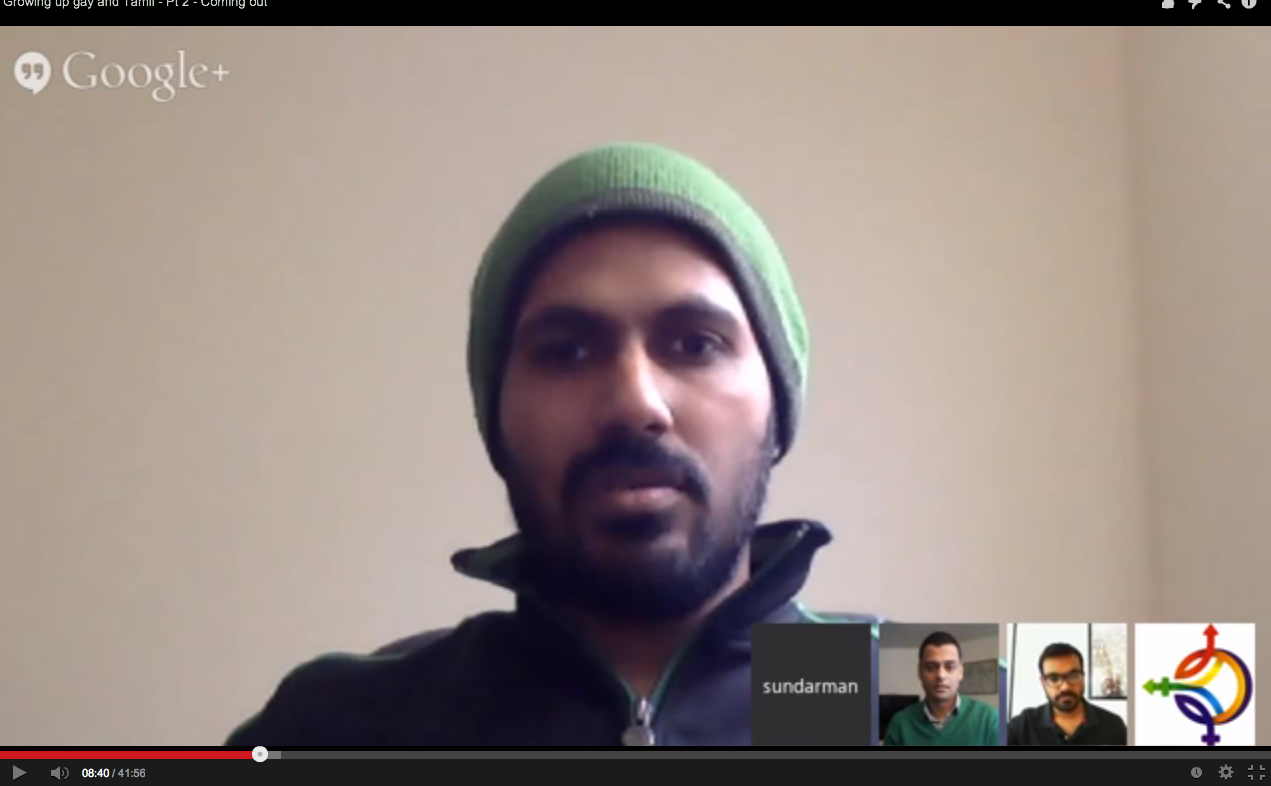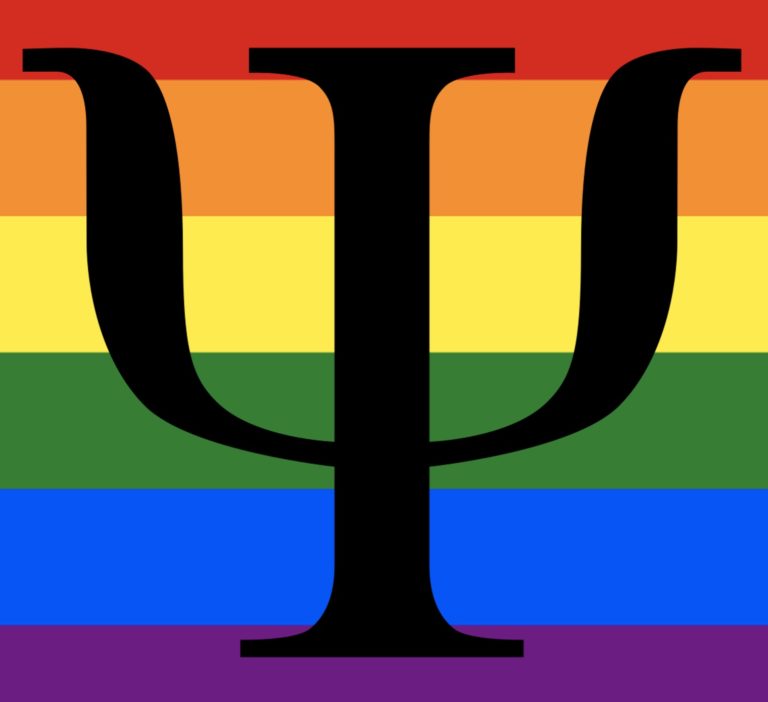To Raghu, with love
![yellow ribbon [suicide prevention] image](https://orinam.net/wp-content/uploads/2013/09/yellow-ribbon11.gif)
![yellow ribbon [suicide prevention] image](https://orinam.net/wp-content/uploads/2013/09/yellow-ribbon11.gif) It is a world of names, of categories. People tend to put a label on everything they encounter, to make it fit into their limited understanding and background, and then forget it. It is also a world of change. But love can never be categorized or changed.
It is a world of names, of categories. People tend to put a label on everything they encounter, to make it fit into their limited understanding and background, and then forget it. It is also a world of change. But love can never be categorized or changed.
I loved my cousin brother Raghu*. I liked to think I was the one in the family he was closest to, the one he would confide in, seek advice from.
Well, not close enough, evidently.
One morning, three years ago, Raghu called me on the telephone. Without preliminaries, he announced to me that he loved men, not women, and hung up just as abruptly. This, just weeks after he had become father to a baby boy, and a year or so after his marriage.
Later that day, Raghu, all of 26, ended his life in the south Madras flat where he and his family lived.
I wish I could say I had suspected something like this was brewing when he made that call to me, the call that was to be our last conversation. I hadn’t.
Love and forgiveness. I wrestle with these each day. Through love, one can overlook others’ faults, however significant they may be. Through forgiveness, one seeks peace.
Raghu, I wish I could forgive you easily for ending your life, leaving your wife and infant son behind, casualties of the choices you made. Forgiving you remains a struggle, though I try. Questions race through my mind all the time. Why could you not have thought about your preferences beforehand, and avoided drawing her into your life? Did we, as a family, make it so difficult for you to admit your different orientation? Or, was it your desire to conform, to not hurt your parents, that drove you to consent for marriage in the first place? What of the hurt that engulfed everyone when you chose to depart?
Raghu, wherever you may be now, I still love you, my brother. Your difference did not matter to me then, nor does it now. I wish you happiness wherever you may be. And I continue to try to forgive.
To the readers of this note, I ask that you live and let live. If you have a sibling, child, friend or other loved one who has a different orientation, please do not let this difference come in the way of your love for them.
And if you are yourself differently oriented from the so-called mainstream sexuality, be strong in your convictions. Going against family expectations may cause some grief, but that is nothing compared to the devastation resulting from the choices that Raghu – and I fear there have been many like him through the ages – felt compelled to make.
*name changed
This piece is based on a note submitted by an Orinam reader, and is being posted on Sept 10, World Suicide Prevention Day. If you or someone you know is depressed or suicidal, please seek help. Some crisis support resources are here.





It is hard to say anything here without understanding the circumstances of this young man’s marriage. How much of a say did he have in that decision? How much of relentless pressure did he face from family members and others; how much of emotional blackmail such as “I want to hold my grandchild in my arms before I die” and why are you being so selfish”, etc.? What is his community like? What is his environment like? Did he have younger sisters whose own impending weddings could have been affected adversely if he had chosen to remain unmarried or if he had revealed his orientation? How would his family and others have reacted to his admission regarding his orientation? We don’t know. Whatever we say in retrospect would only be speculation.
The simple fact remains that this young man is not some kind of cowardly exception who chose to get married and then conveniently escaped through suicide. There are countless gay men in India who have found themselves in a similar unfortunate position, hounded by family, friends and society into marriage, then living loveless, unhappy lives with their spouses or getting divorced within a short time, and who must also have contemplated suicide more than once. Countless women’s lives have been destroyed simply because of our society’s ignorance and intolerance in this matter.
I can understand the trauma he must have gone through before his death. Few people seem to understand how much of courage it takes to commit suicide. Few people may realise that one of the biggest fears of someone attempting suicide is, “What if I survive the attempt or am revived by some well-meaning busybody, but in the process end up crippled, brain damaged, etc. and have to live out the rest of my life in shame and agony?” It is only the thought of the greater pain that they would have to otherwise endure that pushes them to suicide which they perceive as the lesser pain. No doubt he would have agonised over his family’s loss at his ultimely death. It is possible he managed to convince himself that he was actually sparing his wife the greater pain of a lifelong meaningless marriage or divorce.
What we see here is the importance of educating our younger generations on sex and sexuality so that future generations of “sexuality minorities” do not suffer in this way. We need to help our young people understand themselves and to accept and respect themselves and to be able to articulate their views, opinions and needs, and to stand up for themselves instead of succumbing to external pressures.